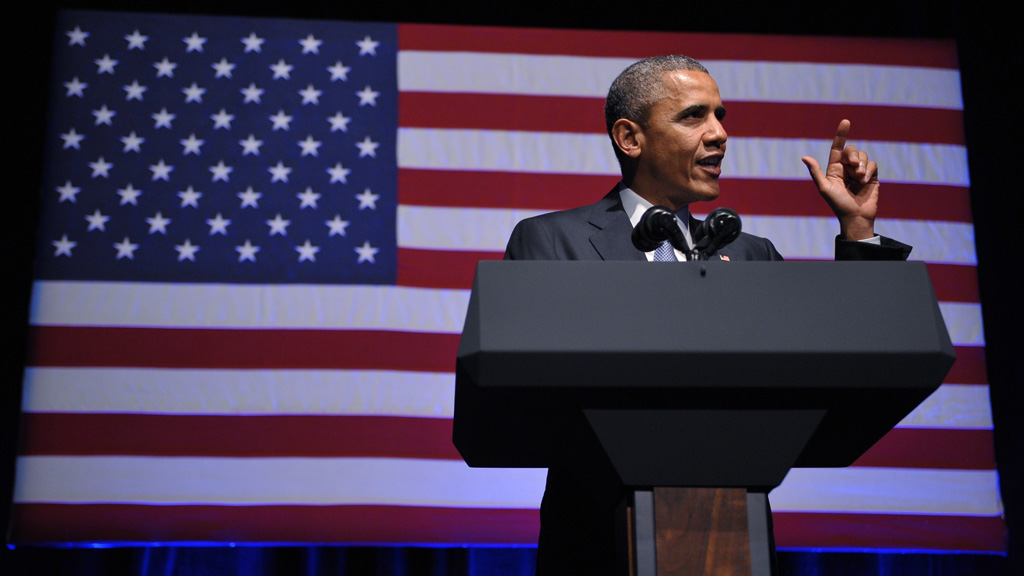What to do about the rise of Isis in Iraq?
On what to do about the rise of Isis in Iraq, everyone suddenly has an opinion. Men with names that once tripped off the tongue – David Petraeus, Paul Bremer, Paul Wolfowitz, Ryan Crocker – are re-emerging to do a twirl for think tanks and news organizations, and make their pronouncements on what the president might be best advised to do.
The blame game charts its usual course. In terms of presidents, it’s a two horse race: George Bush for starting the war, Barack Obama for ending it too abruptly.
Republicans point their fingers at the Obama administration, reminiscing that at the end of President Bush’s term, things were looking tickety boo for Iraq. (For the latest version of that, see Dick Cheney on YouTube, pontificating from under his cowboy hat.)
Then, President Obama brought the troops home without leaving any behind to keep the peace, and then, to make matters worse, he choked on Syria.
The Democrats point right back, saying the Iraqis never wanted the Americans to stay, Americans never wanted the Americans to stay, and it is the Iraqi prime minister Nouri Al Maliki who’s fanned the crisis, by harshly refusing to share power with Sunni, and Kurdish factions, preferring to lock them up, and persecute their communities.
Read more: my enemy’s enemy? US considers Iran co-operation
Of course, it is Isis who must shoulder the majority of the blame – but sometimes in Washington’s political howl-around, they don’t rate a mention.
I took a walk today around the Vietnam and Korean War memorials in DC.
Down by the Potomac, it was no cooler than anywhere else in this city built on swampland. You could have fried an egg on the pavement.
But that didn’t deter gaggles of tourists, shaded by umbrellas and hats, from walking steadily past the names carved into the basalt of the Vietnam memorial.
We met an American vet of the Iraq war there. He’d served in Anbar province – the new frontline of the Isis advance.
Read more: for Obama on Iraq, the stakes have never been higher
He described himself as feeling ‘defeated’ by the new jihadi successes in Iraq, given that he and his fellow soldiers, and their families, had sacrificed so much to bring stability.
When I asked him whether he’d ever consider returning to the fight there, he said he was divided.
On one hand, it was shocking to see the gains they’d fought so long and hard for, given away so rapidly to another terrorist enemy.
On the other, he was lucky to have escaped with his life, when so many others had not. And that’s America’s dilemma, in a nutshell.
The latest state of play? The president has consulted congressional leaders on options, but not made any decisions.
His vice president has spoken with the Iraqi prime minister, and leaders from the Sunni and Kurdish communities, stressing the need for national unity.
The general who chairs the joint chiefs of staff has briefed senators on the limits of what any military intervention might achieve, and warned that air strikes aren’t “as easy as looking at an iPhone video of a convoy and then striking it.” There are still US warships in the Gulf. And peace has not really broken out with Iran.
Follow @C4KylieM on Twitter.

